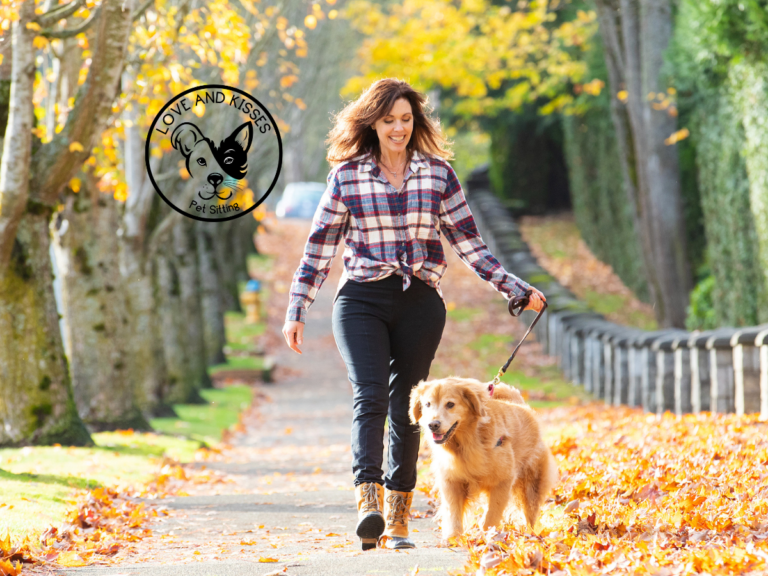Canine Infectious Respiratory Disease Complex: Commonly Known as CIRDC
This post may contain affiliate links, meaning if you decide to make a purchase via my links, I may earn a small commission at no additional cost to you. You can read our full affiliate disclosure by clicking here.
Introduction:
Canine Infectious Respiratory Disease Complex, commonly known as CIRDC, is a group of highly contagious respiratory infections that affect dogs. It’s often seen in places where dogs gather in groups, such as shelters, kennels, and dog parks. Understanding the causes, symptoms, and preventive measures for CIRDC is crucial for dog owners and those involved in the care of dogs.
Causes:
CIRDC is caused by a combination of viruses and bacteria. The primary culprits include:
- Canine Parainfluenza Virus (CPIV): This virus is a common cause of respiratory infections in dogs and is highly contagious.
- Canine Adenovirus Type 2 (CAV-2): Another significant contributor to CIRDC, this virus affects a dog’s respiratory system.
- Bordetella bronchiseptica: This bacterium is a major player in kennel cough, one of the most well-known manifestations of CIRDC.
- Canine Distemper Virus (CDV): While less common, distemper can also contribute to respiratory symptoms in dogs.
Symptoms:
The symptoms of CIRDC can vary but often include:
- Coughing: Persistent and sometimes accompanied by a “honking” sound.
- Sneezing: Dogs may exhibit frequent sneezing.
- Nasal Discharge: A runny nose is a common sign.
- Fever: An elevated body temperature is often present.
- Lethargy: Dogs with CIRDC may appear tired and less active than usual.
Diagnosis:
Veterinarians diagnose CIRDC based on clinical signs, history of exposure to other dogs, and sometimes through specific tests such as PCR (polymerase chain reaction) or serology.
Treatment:
Treatment typically involves supportive care. This includes rest, maintaining proper hydration, and sometimes the use of antibiotics if a bacterial infection is present. In severe cases, hospitalization may be necessary.
Prevention:
Preventing the spread of CIRDC is crucial, especially in places where dogs congregate. Vaccination against key pathogens like Bordetella, Parainfluenza, and Adenovirus is essential. Good hygiene practices, such as regular cleaning of kennels and shared spaces, also play a role in prevention.
If you’re worried about canine respiratory disease:
- Limit your dog’s contacts, especially transient contacts with dogs of unknown health status
- Keep your dog away from sick dogs
- If your dog is sick, keep it away from other dogs
- Talk to your veterinarian about vaccination against canine parainfluenza virus (CPIV) and Bordetella bronchiseptica (plus canine influenza, but influenza is much more sporadic (especially in Canada) and vaccine availability is still an issue).
Conclusion:
CIRDC is a significant concern for dog owners, particularly those with pets that interact with other dogs regularly. Being aware of the causes, symptoms, and preventive measures can help protect the health of our canine companions and contribute to a safer and healthier dog community.
Stay tuned for more fascinating insights on all things pet-related. And don’t forget to sign up for my email list to stay updated with the latest pet tips and tricks.







